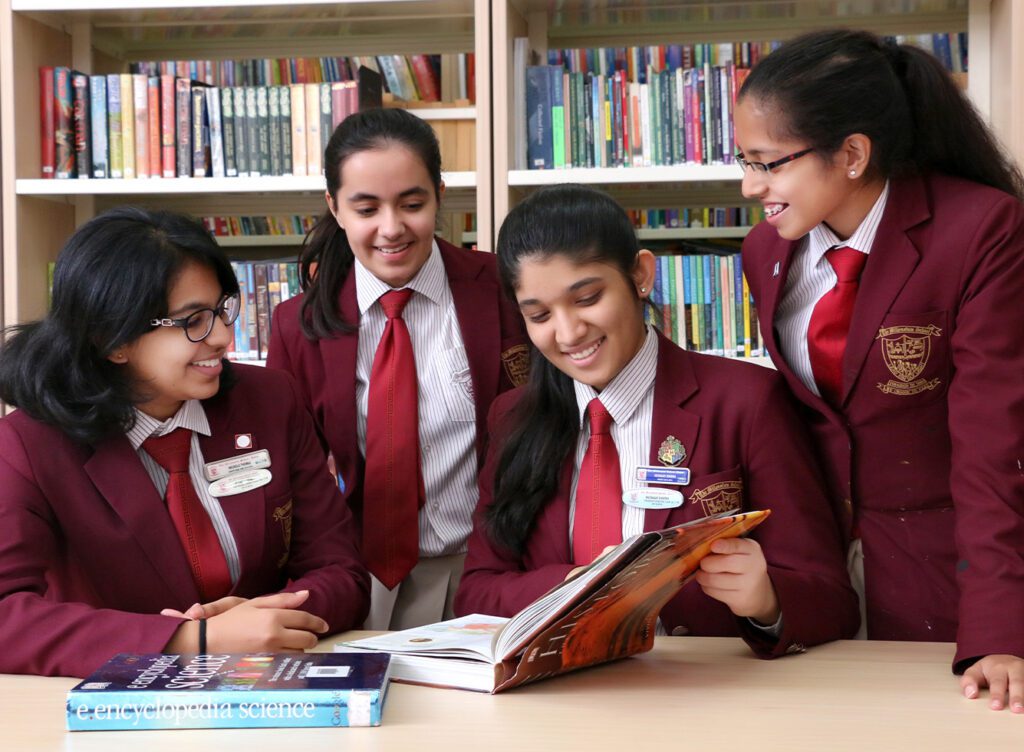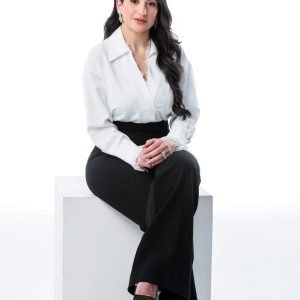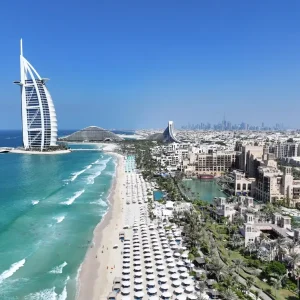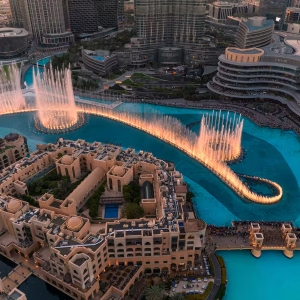India’s Central Board of Secondary Education (CBSE) is preparing for one of its most ambitious reforms yet — the launch of a global curriculum expected in April 2026. The new system is designed to reshape Indian education across 22 countries, including the UAE and other GCC nations. This move marks a significant step toward making CBSE education internationally aligned and future-ready.
A New Phase for Indian Schools Abroad
The introduction of the CBSE global curriculum aims to make Indian schooling more competitive and responsive to international standards. The initiative will apply to all CBSE-affiliated schools outside India, impacting more than 476,000 students globally, of which nearly 450,000 are in the Gulf region.
In the UAE, CBSE schools play a central role in the education system. There are over 106 schools following the CBSE curriculum, enrolling around 225,000 students supported by over 15,000 teachers. These institutions are set to adopt the new framework that balances Indian educational values with global benchmarks.

Dr. Ram Shankar, Director of the CBSE Regional Office and Centre of Excellence in Dubai, explained that the global curriculum will be more contextualized and better aligned with host-country regulations. He emphasized that while the essence of CBSE will remain intact, the approach will become more international in nature.
Building Global Alignment
CBSE’s leadership has been working closely with education regulators across the GCC to ensure a smooth transition. Authorities such as the Knowledge and Human Development Authority (KHDA) in Dubai, the Abu Dhabi Department of Education and Knowledge (ADEK), and the Sharjah Private Education Authority (SPEA) have participated in discussions to understand how the new curriculum can align with local education systems.

The collaboration also includes representatives from the Ministries of Education in Oman, Bahrain, Kuwait, and Qatar. The goal is to develop a framework that respects both Indian academic values and international expectations. This step is also expected to pave the way for the launch of new CBSE-affiliated schools offering enhanced global learning experiences.
Why This Change Matters
The global curriculum is not merely a syllabus change; it represents a shift in the entire learning approach. It aims to promote critical thinking, creativity, and collaboration among students while maintaining academic excellence. By adopting global benchmarks, CBSE seeks to bridge the gap between Indian and international systems, ensuring students can transition smoothly to universities worldwide.
The new framework will encourage project-based and experiential learning, helping students connect classroom lessons with real-world applications. It will also include topics that address modern challenges, including sustainability, technology, and global citizenship.
Impact on Teachers and Students
With this reform, more than 30,000 teachers worldwide — including over 28,000 in the GCC — will undergo professional training to implement the updated framework. Educators will be equipped with new methods to support diverse learning styles and nurture creativity and emotional intelligence in classrooms.
For students, the transformation means a more balanced education experience. Beyond academics, there will be a stronger focus on developing interpersonal skills, digital literacy, and self-awareness. The ultimate goal is to prepare learners for the demands of a dynamic, technology-driven global job market.
Introduction of the Holistic Progress Card
Alongside the new curriculum, CBSE is expanding its Holistic Progress Card (HPC), which replaces the traditional marks-based system with a more comprehensive assessment model. The HPC takes into account a student’s academic, social, and emotional growth, offering a 360-degree view of progress.
This approach involves self-assessment, peer feedback, and collaboration between schools and families. It ensures that students are not judged solely on grades but are evaluated for their overall growth and potential. Teachers will use this system to identify each student’s strengths and areas for improvement, encouraging more personalized learning.
Moving Beyond Marks
The Holistic Progress Card reflects CBSE’s new philosophy — moving beyond exam-centric evaluation to recognize learning as a continuous and multi-dimensional process. It is inspired by global education systems that value curiosity, problem-solving, and emotional development alongside academics.
This new evaluation method aims to reduce student stress and help them develop resilience, adaptability, and empathy — qualities that are crucial for success in life and career.
Educators Support the Reforms
School leaders in the UAE have welcomed the new changes as a step toward modernization. Punit MK Vasu, CEO of The Indian High Group of Schools in Dubai, described the initiatives as a reflection of a progressive and forward-thinking education board.
He stated that the global curriculum and the Holistic Progress Card represent a shift towards preparing students for real-world challenges. By combining academic excellence with personal growth, the system ensures learners are equipped for the future.
He also pointed out that with the UAE’s multicultural population, the education system must adapt to global shifts. This transformation ensures students are ready to contribute meaningfully to industries, commerce, and innovation in an interconnected world.
Preparing Students for the Future
The CBSE global curriculum is designed with the future in mind. It will introduce elements like artificial intelligence, digital learning, and sustainability into the core framework. These additions reflect the growing influence of technology and global awareness in modern education.
Students will learn not only through textbooks but also through interactive experiences, teamwork, and technology-based projects. Such approaches will prepare them to handle complex global issues and to become adaptive thinkers and responsible citizens.

Empowering Teachers
For the new framework to succeed, teachers will undergo extensive professional development. The CBSE Centre of Excellence in Dubai will play a key role in training educators to use innovative teaching tools, digital platforms, and modern pedagogical strategies.
The focus will be on enabling teachers to facilitate interactive learning, evaluate students holistically, and use technology to make lessons engaging and relevant. This teacher-focused development ensures that the global curriculum is implemented effectively and consistently.
Promoting a Global Mindset
The introduction of the global curriculum and the Holistic Progress Card aims to nurture students who think globally but remain rooted in Indian values. It emphasizes empathy, cultural awareness, and ethical leadership — preparing young people to thrive in multicultural environments.
CBSE’s mission is to create lifelong learners who can adapt to change, pursue innovation, and contribute positively to society. By aligning its standards with global education systems, it positions Indian students for success anywhere in the world.
Looking Ahead
The launch of the CBSE global curriculum in 2026 marks a turning point in international Indian education. This forward-thinking reform combines academic rigor with creativity and emotional intelligence, redefining what success means for the next generation.
Parents, teachers, and students in the UAE and beyond can expect a learning experience that goes beyond traditional classroom boundaries. The focus will shift from rote learning to meaningful engagement, encouraging students to explore, experiment, and express themselves freely.
As CBSE embraces a global vision, it continues to uphold its core mission — to provide accessible, high-quality education that shapes well-rounded, confident, and compassionate individuals ready to lead the future.
Do follow UAE Stories on Instagram
Read Next – Fahad Al Gergawi Named Undersecretary of the Ministry of Foreign Trade












